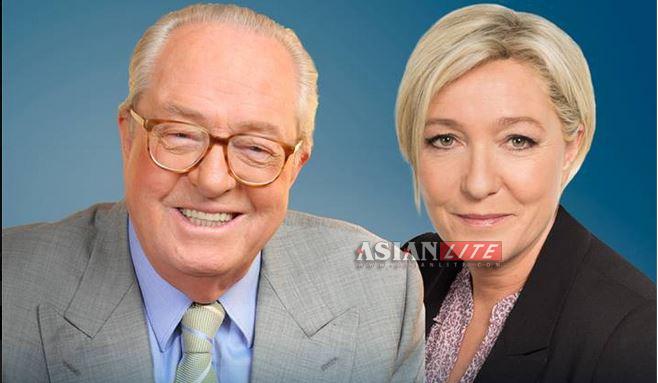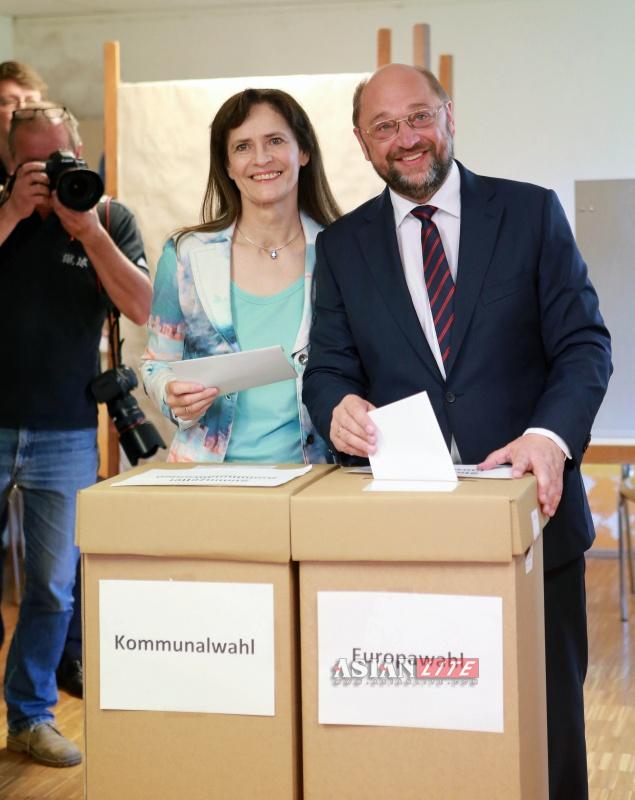Kaliph Anaz of Asian Lite, top Asian newspaper for British Asians, says the danger of the rise of Eurosceptic parties is that Europe’s prolonged economic malaise boosts their support to the tipping point where they are eventually able to engineer their country’s withdrawal from Europe’s institutions

Despite robust economic figures, Eurosceptic parties take lead as results poured across from EU member states.
The election is the biggest exercise in multi-national democracy in the world. The vote will affect the lives of the EU’s 500 million citizens. The parliament’s powers have expanded since the last election in 2009, and it is hoping to have a decisive say in who gets the EU’s top job, president of the European Commission, BBC reported.
“The people have spoken loud and clear,” a triumphant Marine Le Pen told cheering supporters at National Front (FN) party headquarters in Paris.
“They no longer want to be led by those outside our borders, by EU commissioners and technocrats who are unelected. They want to be protected from globalisation and take back the reins of their destiny.”
Provisional results suggested the FN could win 25 European Parliament seats – a stunning increase on its three in 2009.
The party also issued an extraordinary statement accusing the government of vote-rigging.
In Germany, Chancelleor Angela Merkel wins another election – 35% for her Christian Union, 27% for the centre-left SPD. Eurosceptic AfD score strong 7%. But in the last election AFD was not even formed. Germans are the best benefactors of the EU treaties – but they didn’t gave a full support to Merkel’s party.
In Italy Centre-left PM Matteo Renzi scores strong 40%, fending off ex-comic Beppe Grillo’s anti-establishment Five Star with 22%, and ex-PM Silvio Berlusconi’s Forza Italia with 16%
In Greece Partial results show far-left Syriza on 26%, PM Antonis Samaras’ New Democracy on 23%. Far-right Golden Dawn set to get three MEPs, with 9%
Across the board, the centre-right European People’s Party was set to win 212 out of the 751 seats, with 28.23% across the bloc, according to estimated results issued by the European Parliament. That would make it the biggest group – but with more than 60 seats fewer than before. That put it ahead of the Socialist group with 186 seats (24.77%), Liberals with 70 (9.32%) and Greens 55 (7.32%).

EPP leader Jean-Claude Juncker insisted the majority of people had voted to be a part of Europe.
“The extreme right, contrary to what some of the media has said, did not win this election,” he said.
“We will have a clear pro-European majority in this house,” added the man who is the frontrunner to be the next president of the European Commission.
The danger of the rise of Eurosceptic parties is that Europe’s prolonged economic malaise boosts their support to the tipping point where they are eventually able to engineer their country’s withdrawal from Europe’s institutions.